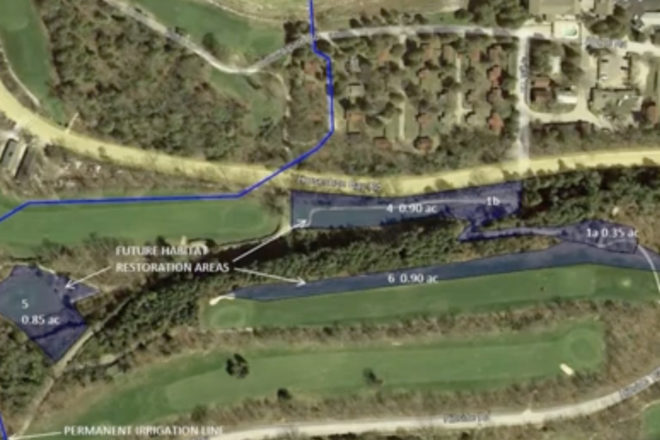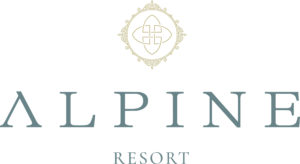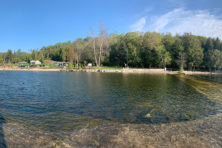DNR To Monitor Alpine’s Egg Harbor Cliff Habitat Area
- Share
- Tweet
- Pin
- Share

The Wisconsin Department of Natural Resources (DNR) Board on Feb. 28 unanimously accepted an access route and a nine-acre easement along the Niagara Escarpment from Alpine Resort Acquisition Co., as well as a $150,000 donation to cover monitoring costs and a $235,000 pledge for habitat restoration by a contractor.
Jim Lemke from the DNR Real Estate Section and DNR Hydrogeologist Josh Martinez testified in favor of accepting the easement to the Niagara Escarpment as well as an 0.84-acre access route within the new Egg Harbor Cliff Habitat Area. Lemke said the ownership’s treatment, planning and donation all have been a show of good faith and demonstrated a proactive approach “to protecting this fragile habitat.”
“This money can be used at the discretion of the Natural Heritage Conservation Program,” Lemke said of the $150,000.
Due to private properties that surround the area, the endangered and state-listed snails that inhabit the Niagara Escarpment and the talus slope at the base of the cliffs, as well as safety concerns, the land will remain off-limits to the public, Lemke said. He said it is unusual for the DNR to have land that’s not accessible for the public, but that also is the case in a few locations along the Wisconsin River.

The NRB members approved of the plans by Alpine ownership and Chad Fradette of Evergreen Consulting to reforest a portion of a former fairway along the escarpment with white cedar, white pine, hemlock and other native species to provide shade and cooling along the cliff.
Martinez said his job will be to monitor the DNR site and work with the consultant to see how the habitat is responding to the restoration work. One part of that is removal of one paved cart path that was built at a time when the DNR had less-protective practices along the Escarpment and allowing native cedar to fill in that cart-path space.
Lemke said there are a few Scotch pine trees, honey locust and autumn olive that need removal, but most of the area is natural, with very few invasive species present.
NRB member Marcy West said the site could be a great place where students and scientists could observe restoration work and also conduct plant surveys. NRB Chair Bill Smith said the donation appears “very generous” and the new owners have taken proactive action with preservation and restoration plans.
A video of the NRB meeting is available on youtube at youtube.com/watch?v=N1BRJq4VxaE.


